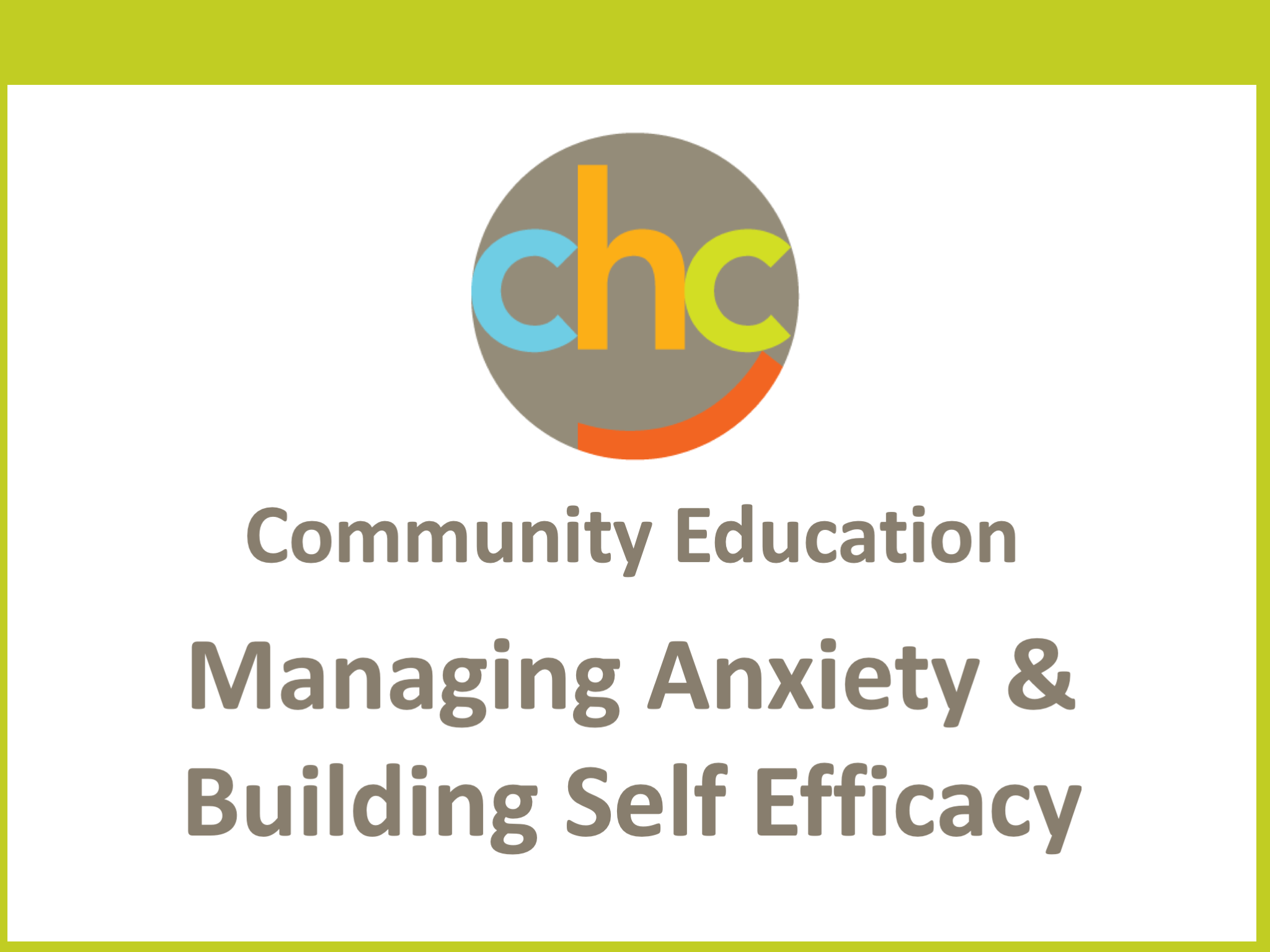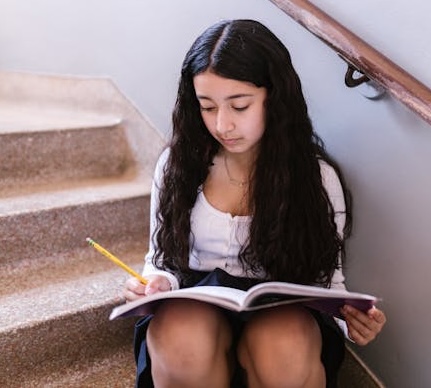
Our kids are confronted with demands, full schedules, social pressures and even world events that result in stress. All children respond to stress in different ways – some responses are more productive than others. Discover how you can help your kids develop habits and responses that reduce their worries with mindfulness strategies.
Why Mindfulness Matters for Children
Mindfulness is important for kids for several reasons, as it can have a positive impact on their mental, emotional, and physical well-being.
- Mindfulness techniques, such as deep breathing and meditation, can help children manage stress and anxiety. It equips them with tools to calm their minds and bodies when they encounter stressful situations.
- Mindfulness teaches children to become more aware of their emotions and how to respond to them in a healthy way. It can help them better understand and manage their feelings, reducing impulsivity and promoting self-control.
- Practicing mindfulness can enhance a child’s ability to concentrate and stay present in the moment. This can be particularly helpful for academic performance and overall cognitive development.
- Mindfulness encourages self-reflection and self-awareness. Kids who are mindful are more likely to understand their thoughts and feelings, which can lead to greater self-confidence and a stronger sense of identity.
Today’s Kids Face Many Challenges and Stressors
Children, like adults, can experience various stressors that may affect their mental and emotional well-being. These stressors can vary depending on the child’s age, individual circumstances, and environment. Common stressors for kids include academic and performance pressure, family issues, health concerns, life transitions, the loss of a loved one, traumatic events.

How Mindfulness Can Help
Mindfulness can be a valuable tool for helping kids deal with challenges and stressors by encouraging children to become more aware of their thoughts, feelings, and bodily sensations and to observe their emotions so they can learn to respond to their feelings in a more balanced and controlled manner.

Mindfulness can help children identify and challenge negative thought patterns that contribute to stress and anxiety, leading to a more optimistic outlook. Mindfulness practices can also help kids unwind and get restful sleep, which is essential for managing stress.
Listen to this presentation on managing stress with mindfulness strategies by Patrice Crisostomo, PhD, Clinical Program Manager and Licensed Psychologist at CHC and Madison Sunnquist, MA, Doctoral Psychology Intern at CHC.
View the slides:
Community Education Session: April 21, 2020
Download the slides:
Download a PDF of the presentation
Watch the video:


Meet The CHC Expert
Patrice Crisostomo, PhD, is a licensed clinical psychologist and Clinical Program Manager at CHC. She specializes in comprehensive psychological assessments and evidence-based treatments for children, adolescents, and families, with expertise in anxiety, mood disorders, ADHD, and autism. Dr. Crisostomo earned her PhD in Clinical Psychology from the University of Denver and completed her postdoctoral fellowship at Stanford University’s Lucile Packard Children’s Hospital. A California native, she enjoys cooking, hiking, yoga, and traveling.





